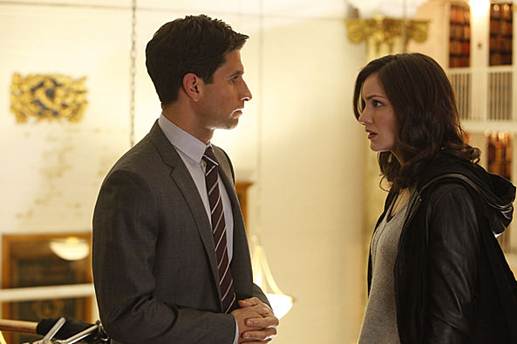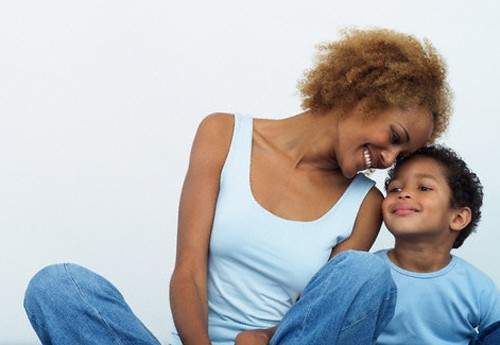Have I had moments of oscillation? Of course. Like the warm
feelings you conjure up for a loser ex-boyfriend after a drinking spell. Yes,
I’ve had moments of wondering what it would have been like and, in a few
instances, even toyed with the idea. Thankfully, that feeling passed. Like the
sobering effects of a greasy breakfast after a glass too many, sanity returned
and my life-long resolve clicks back into place. So with a mind made up, I
enter relationships with the no-breed clause as an opener. When others say
their names, I state my no-breeder status. I place this on the table first so
that if the ‘intended’ accepts and respects this, the next phase can unfold.

Have I had moments
of oscillation? Of course. Like the warm feelings you conjure up for a loser
ex-boyfriend after a drinking spell
Has the decision caused much debate in personal
relationships? Of course it has. Men have tried to act accepting of my
‘un-African’ and ‘unwomanly’ outlook, but patriarchy, male pride and
indoctrination of social conformity would still rear their heads every so often
– with comments such as ‘what’s the point of marrying if not to breed’, ‘not
breeding is super-selfish’ escaping their lips…eventually.
How could I as a black woman (stereotyped to breed like
rabbits in some unkind quarters) escape the wrath of this decision? Some males
were adamant it was a passing phase and they would be the ones to ‘cure’ me of
this stupidity; others were only too happy knowing I would not have the sheriff
serve maintenance orders on them at work for unpaid child alimony; others were
in synch and others, well, let’s just say the subject never came up.
I must admit that my call has not made it easy for people I
hold dear. Although they’ve come o respect this decision even without fully
understanding it, they tend to feel the need to explain it to others. It does
not matter how often I tell them, they have no reason to justify my choice. I
hear them mumbling a myriad explanation at family gatherings: ‘Oh, you know
her, she’s too busy at work’, ‘She’s raised so many children in the family I am
sure they feel like her own’. I pretend not to hear or acknowledge their
‘account of events’, to prevent opening myself up to explaining yet again. So
now, I let them explain and silently bless them for loving me enough to wish to
present ‘mitigating factors’.
In the beginning I would talk until I was blue in the face
trying to defend my position with men and women alike. Oh, the women were and
still are the harshest judges. But I have an awesome therapist to thank who
asked me in a calm voice, ‘Why do you feel the need to justify your choice?’
After that, I stopped justifying and defending. In fact I do not volunteer this
position unless necessary and when pressed for information by nosey women at
dinner parties I just say ‘I am a social parent’ or, my new favorite, ‘As a
mother, what’s your view on over-population?’

I wish to reveal
the complexity that a child-free choice places on women like me
So I write this piece in part because I wish to reveal the
complexity that a child-free choice places on women like me, how the sense of
‘exclusion’ turns a personal choice into a ‘dysfunction’, and relationships
strain under its weight. I object strongly to the skewed nature of female and
male socialization, the burden of the she-gender’s performative requirements
and, most importantly, the flawed notion that, without child, females cannot be
women and remain forever lacking and incomplete.
There are other ways of loving, other ways of creating,
other ways of mothering and other ways of being a positive impact in this life.
The decision to breed or not sits at the core of every female’s fundamental
right to choose, not only who she becomes, but what happens to her body and
what life she creates for herself. Just like the ability to make children does not
make every women a mother.

all females
without children are barren and cold
I am currently in development of a film to debunk he
stereotype that all females without children are barren and cold, amongst other
things. Instead, it will show that understanding oneself, accepting one’s emotional
limitations or preferences and being true to oneself are far nobler acts than
marching in step with society’s expectations and pressures, only to repeat
painful cycles of un-mothered or neglected children.
Is it possible that by socializing our girls to believe hat
‘woman’ equals ‘mother’, and our boys to expect their partners to demonstrate
their womanhood through motherhood, that we are in essence showing them only
one color of the rainbow?